Seven major mistakes made by authors of AI predictions
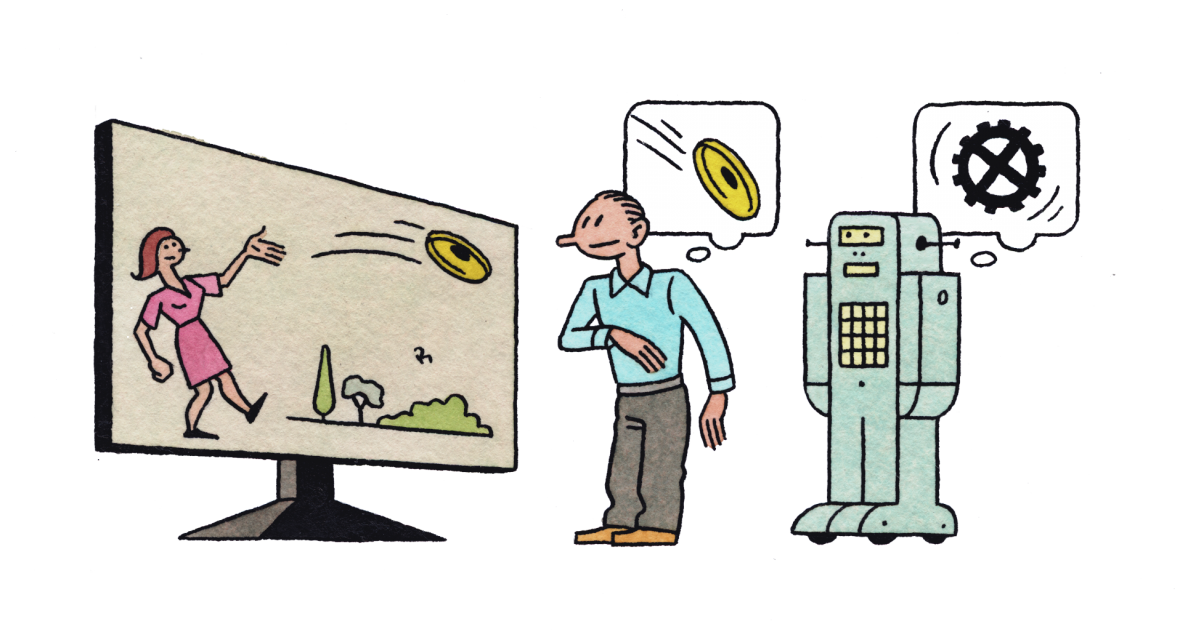
Everyone is talking and writing about artificial intelligence. Articles about this sphere are even posted in entertainment publications that are not related to technology at all. Accordingly, technical publications devote a lot of time to discussing such topics. At the same time, there are very curious predictions like the fact that robots will replace people in 50% of specialties in 10-20 years.
But such predictions raise great doubts about their realism, since at present the AI does not occupy a too large niche, and certainly does not take work away from people. If within 10-20 years robots with AI replace people in 50% of specialties, we will see tens or even hundreds of millions of unemployed. Not too much like the truth. In general, even good specialists sometimes make predictions that look strange from the point of view of common sense. But why do people make mistakes when formulating their vision of the future? Here are seven major mistakes .
Undervaluation and revaluation
Roy Amara is a co-co-owner of an organization called Institute for the Future, which works in Palo Alto. Once he formulated a very interesting idea: “We tend to overestimate the effect of technology in short-term forecasts and underestimate it in long-term ones”. A very interesting phrase.
You can illustrate it with the following story. In 1978, 24 of the 31 GPS satellites began to work in Earth orbit. Initially, the goal of this system was to provide the US military with the ability to accurately position. The satellites were already working, but the program itself was skidding. Only in 1991, during the "Storm in the Desert" Americans began to use it. Before the US military began to do this on an ongoing basis, even more time passed.
But what now? GPS works for everyone, GPS modules are inserted into almost all smartphones, smart watches and other gadgets. This technology helps to conduct some physical experiments where geolocation is required. Of course, modern navigation - on land, sea or in the air is impossible without GPS. All truckers are equipped with GPS, the same can be said about taxis, as well as other vehicles.
GPS was originally developed with one goal, and quite narrow. But subsequently, GPS became a universal technology that spread far more widely than originally planned. There are a lot of technologies that “behave” like GPS, but this example is one of the brightest.
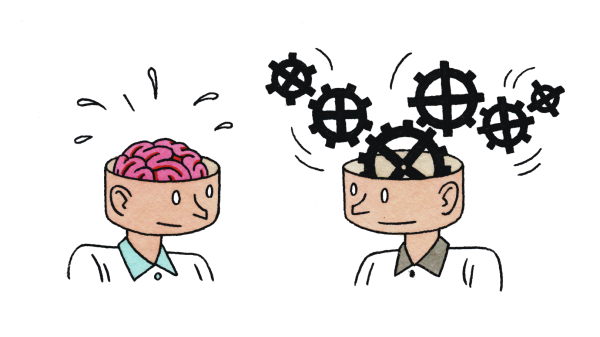
In general, with the AI is about the same. AI predict global distribution in the coming years, but this is most likely an exaggeration. At the same time, in the long-term version, AI is underestimated. However, in this case, it is worthwhile to think carefully over what kind of time in this case can be considered short, and which - long.
Imagine the magic
Arthur Clark in the 60s and 70s of the last century formulated three postulates, which were called the Three Clark Laws. These laws are:
- When a respected but elderly scientist argues that something is possible, he is almost certainly right. When he claims that something is impossible, he is most likely mistaken.
- The only way to discover the limits of the possible is to venture a step into the impossible.
- Any sufficiently developed technology is indistinguishable from magic.
One can imagine a situation where we show a modern device to a scientist from the 18th century. For him, it will be pure magic or just something unimaginable for his mind. Take the same iPhone, which we could demonstrate to Isaac Newton. So he could think about him?
Maybe he would have decided that this phone is something occult. It is no secret that Newton, despite his achievements in science, was fond of occultism. So for him, a modern smartphone could be a really magical thing that cannot be understood.
After all, Newton did not even know electricity, let alone everything else. Could he decide that the telephone is a philosopher's stone? After all, it glows, but does not heat up (well, it heats up, of course, but slightly), emits light, but the flame is not visible.
Maybe Newton would have treated everything differently; we cannot know that. But trying to imagine the technologies that will be available to civilization in 100-200-300 years now is impossible. Yes, we can do many things, but from the point of view of the distant future, all this will seem to distant descendants to be the same as for us the experiences of Faraday or Newton himself.
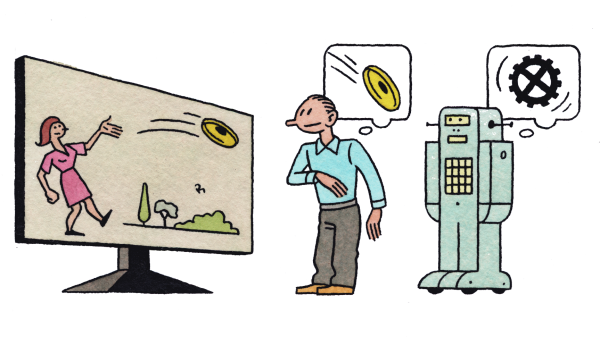
As for the AI, so far it is impossible to be sure even that a strong form of artificial intelligence is possible. No one knows how to create one. If it is still possible, then probably the real AI will seem like magic to the modern man.
Performance and Competence
A person who looks at a snapshot of a group of people playing frisbee is fully capable of answering questions like “What form of frisbee?”, “How many people can play this game?”, “Can I eat frisbee?”, “Can a baby play in frisbee? ”,“ What is the best weather for the game? ”.
A computer can recognize a frisbee game, but so far no agent has been able to answer all the questions listed above with this game. It is clear that the problem is not only in frisbee, it is just an example for understanding the situation.
The use of AI is currently possible only for solving specific issues. AIs can perform limited tasks, they are unable to do what a person is capable of.
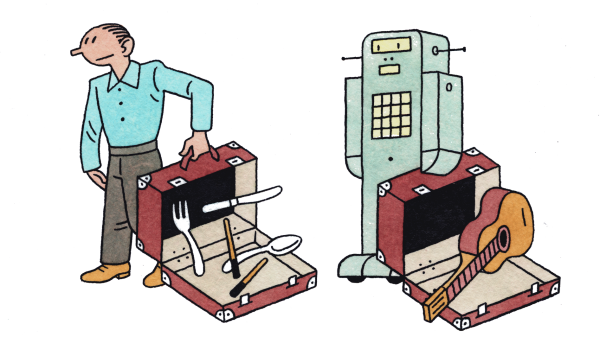
Words with double / triple meaning
When modern specialists make predictions on AI, they often use words that can be interpreted in this way, but in a different way. These are terms and ordinary words with double or even triple meaning. For example, "learning." In the computer field, this can mean a lot of things. It is one thing to study the mathematical apparatus and another to learn how to properly use Chinese chopsticks for food.
When people read or hear about machine learning, they (mostly talking about non-specialists) imagine learning as it is in our human world. But this is not the case. A machine cannot learn like a human being. For training AI, a group of engineers is needed (or at least one specialist). We need specially processed and unified data, we need a “learning structure”, an algorithm according to which the machine will receive new data, adding the information received to the existing invoice.
Plus, when it comes to playing chess or go, people imagine that the computer knows how to play and what. In fact, the car does not have the slightest understanding of what game it plays. In this case, the machines are “trained” to adhere to a specific set of rules. The slightest change in the same go or chess (there are modified rules) and everything, the computer can no longer cope. A person needs quite a bit of time to adapt to these new rules.
It is clear that in describing what the machine does, the authors use the words we are used to. The problem is that these words and terms are not very suitable for describing the processes performed by AI. But we have no other words, so this problem will remain relevant for a long time.
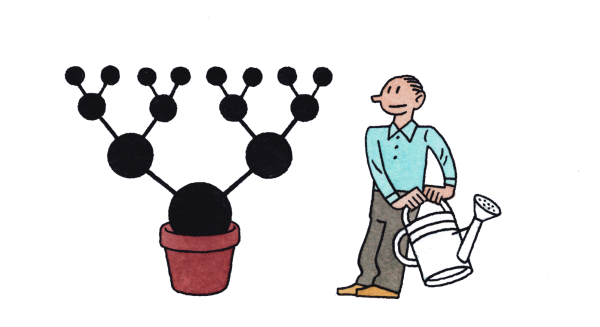
Moore's Law
Each of us heard about Moore's law, they write about it no less often than about artificial intelligence. Accordingly, the statement is regularly repeated that Moore's law is relevant not only for chips, but also for other IT spheres.
But this is not always true. You can start with the fact that even in relation to the chips, Moore's law begins to “lag”. In other areas it is even more relevant. For example, if you take the amount of memory of a regular iPod, then it should have amounted to 160000 GB by the current moment. But this is not at all the case, the amount of iPod memory now is 256 GB, only two times more than in 2007.
What are we talking about? The fact is that many believe (even experts) that the performance of AI systems doubles every year. But this is not at all the case. Here, in general, it's not about performance, for the emergence of real AI you need a qualitative leap in technology, not a quantitative one.
The authors of many forecasts simply do not take into account all this, continuing to write about the systematic increase in the productivity of AI systems.

Hollywood screenplays
In many science fiction films made by Hollywood, the world of the future is almost no different from modern times, only a couple of new technologies are added. In the world of the "Bicentennial Man," humanoid robots, practically indistinguishable from people, are a familiar technology for all. But here we see Richard pick up and read the newspaper. Not a tablet (well, at least), not an audio podcast or information on a smart mirror, but a newspaper. It is unlikely that in that time they will exist.
A film is a film; there can be no claims to the same “Bicentennial Man” in terms of predicting the future. But modern futurologists, who show us the AI of the future, are still making the same mistake as the writers of science fiction films. They do not think that the world itself may be different in the future.
It can be very different from what we have now. And the long-term forecasts that are being made now are made up by scientists with reference to current conditions. But they may not be in the future of which we speak.
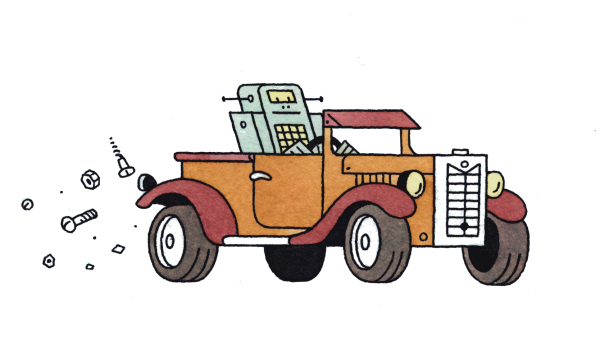
Development speed
New versions of software come out very often - and in a number of areas this happens more often than in others. For example, the Facebook social network receives updates / changes literally hourly. Modifying software is much easier than hardware.
Upgrading the "iron" is associated with fairly high costs. And the exit on the roads of the same cars with computer autonomous control is not at all a quick process. This is not 5-10 years, as stated in many forecasts, but at least 20-30 years.
Outdated technological infrastructure are being replaced not immediately after the appearance of new elements. For example, in many organizations work computers 10-20 years old. The principle is simple: "It works - do not touch."
In the case of AI, too, everything does not change immediately and suddenly. Even the integration of a weak form of AI requires a long time, it is a slow process. And in forecasts of futurologists it is often indicated that changes will be spasmodic and almost instantaneous. But it never happens.
All Articles